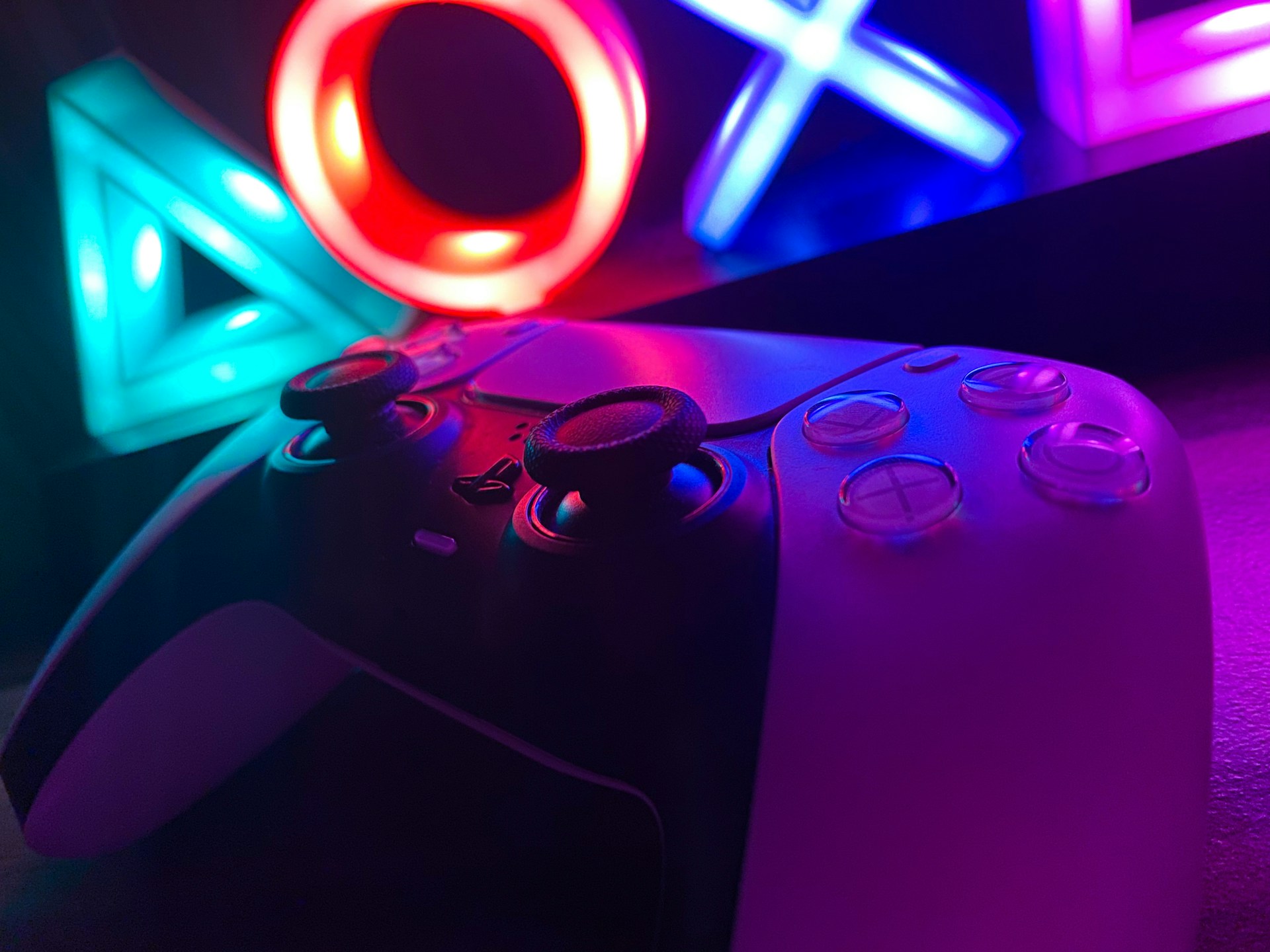At Ruhr-University Bochum in Germany, the first human trials of virtual reality are underway.
Virtual reality research can explain how people feel when using virtual reality
The purpose of conducting this type of research is to find out if the sensation of “phantom touch” really exists in virtual reality users who tested the electronic devices.
Many people who have already tried virtual reality described the sensation as a new discovery, in which there is a feeling of being able to touch something without it being physically there.
The people who participated in the study referred to the possession of tingling sensations of a pleasant nature.
Some users also referred to sensual emotions, producing well-being and peaceful emotions.
If the experience recreated by virtual reality was negative, users described body aches and pains, especially in game environments with shocks or shooting recreations.
The research will be shared and published
The researchers are compiling data for publication in the journal Scientific Reports. The studies involved 36 people who were fitted with virtual reality goggles.
For the research to be valid, they had to write down everything they perceived during the simulations as well as describe the intensity of all those emotions.
The study managers asked them to touch all the objects in the computer environment, always with both hands and several times. In addition to these tingling sensations, they also came to perceive muscle twinges and perceptions similar to those of static electricity.
The team had to rule out that these sensations came from the participants’ own sensation of hand movement, confirming that the sensation of “wind caressing the hand” came from an emotional and sensory origin.
In another team, the researchers added further levels of difficulty by not being able to see the objects they had to touch. In this case, the professionals were able to find that “phantom touch” also occurs when participants touch things that are not visible in virtual reality.
The sensation did not occur when they used a laser pointer to touch the objects, instead of the virtual wand that was always assigned to them.
Experts will still continue their research
The specialists concluded that human perception and its bodily sensations are not based on vision alone, but that these perceptions also involve various internal representations of the participants’ own bodies.
These studies may provide guidance for future research in the field of health and neurology, helping to clarify how the body functions in the face of alterations that affect the body’s own perception.
These researchers will soon meet with other professionals from the University of Sussex in the United Kingdom to conduct further research and complement the study.
We will see what conclusions they add and if indeed the virtual world will be as real as the world we belong to, being able to provide us with sensations as productive as those of real life.




